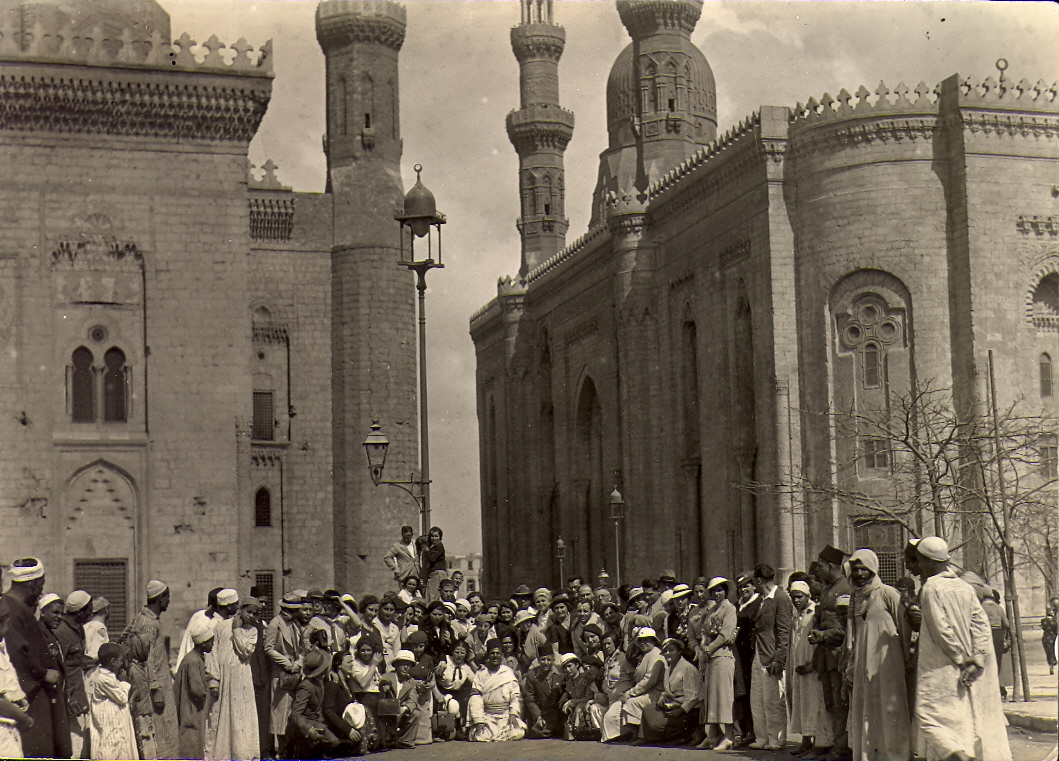בסיעתא דשמיא | ||
☰︎ Menu | 🔍︎
Search // Main //
👂︎ Public Readings, Sources, and Cantillation // Festival & Fast Day Readings // Readings for Days in Jewish Calendars // Purim Sheni Readings 
💬 מְגִילַּת הִיטְלֶיר | Megillat Hitler, a Purim Sheni scroll for French Armistice Day by Asher P. Ḥassine (Casablanca, 1943)A megillah attesting to the terrible events of World War II from the vantage of North African Jewry in Casablanca. . . . 💬 מְגִלַּת לִינְקוֹן | Megillat Lincoln, a Purim Sheni scroll for the 13th of Tevet commemorating the revocation of Ulysses S. Grant’s General Order № 11 (1862, 2020)A megillah for a Purim Sheni commemorating a day of salvation the Jewry of the United States during the Civil War. . . . אַזְכִּיר מַעֲשֵׂה ה׳ | Azkir Ma’aseh Hashem — a Purim Sheni piyyut of Tripoli for the Shabbat preceding the 29 of Tevet, by Avraham KhalfonIn North Africa, a unique custom developed of reciting a Mi Khamokha v-Ein Kamokha piyyut, inspired by the famed Shabbat Zakhor work of Yehuda haLevi, on the Shabbat before a local Purim (a celebration of community’s deliverance from destruction). This piyyut, written by R. Avraham ben Rafael Khalfon, was recited on the Shabbat before 29 Tevet in the community of Tripoli, to celebrate the victory of the Karamanlid dynasty over the despotic usurper Ali Burghul (after events transpiring from 1793-1804). . . . 💬 מְגִלַּת וָשִׁעְתּוֹן | Megillat Washiŋton, a scroll for Thanksgiving Day by Isaac Gantwerk Mayer (1790, 2018)In many Jewish communities around the world, there have been traditional scrolls read for “local Purims,” celebrating redemptions for a specific community. Here in America, we don’t really have an equivalent to that. But we do have Thanksgiving, a day heavily inspired by Biblical traditions of celebration, and one long associated with all that is good about America. Some Jewish communities have a tradition on Thanksgiving of reading Washington’s letter to the Jews of Newport, where he vows to support freedom of religion, famously writing that the United States “gives to bigotry no sanction, to persecution no assistance” – thus rephrasing words originally written in a prior letter by Moses Seixas (say-shas), the sexton of the Touro Synagogue in Newport. This text includes the original English of both Moses Seixas’ letter to Washington and Washington’s return, as well as a somewhat simplified version of the story of Washington’s visit to Newport. Inspired largely by the style of the Book of Esther, it could be read on Thanksgiving morning during the service, using Esther melodies (or going on detours as per personal choice). . . . 💬 מְגִלַּת פִּסְגָּה | Megillat Fustat, a Purim Sheni legend for the 28th of Adar translated and cantillated by Isaac Gantwerk MayerBehold, a full text of the Megillah of Fustat, telling a story of a great miracle that happened in 1524 CE (5284 AM). . . . 💬 מְגִלַּת סָארַגוֹסָא | Megillat Saragossa, a Purim Sheni legend for the 17th of Shevat translated and cantillated by Isaac Gantwerk MayerThe Megillat Saragossa (also known as the Megillat Syracusa) in Hebrew and English, named after the tale of rescue and reversal of fortune in that place around 1420 CE, to be read on the 17th of Shəvat. . . .
Stable Link:
https://opensiddur.org/index.php?cat=3397 Associated Image:
 Teachers' Union organized a trip from Israel to Egypt (between 1930 and 1940)(This image is set to automatically show as the "featured image" in category pages and in shared links on social media.) Teachers' Union organized a trip from Israel to Egypt (between 1930 and 1940)(This image is set to automatically show as the "featured image" in category pages and in shared links on social media.)
Terms of Use:
Be a mentsch (a conscientious, considerate person) and adhere to the following guidelines:
Additional Notes:
Support this work:
The Open Siddur Project is a volunteer-driven, non-profit, non-denominational, non-prescriptive, gratis & libre Open Access archive of contemplative praxes, liturgical readings, and Jewish prayer literature (historic and contemporary, familiar and obscure) composed in every era, region, and language Jews have ever prayed. Our goal is to provide a platform for sharing open-source resources, tools, and content for individuals and communities crafting their own prayerbook (siddur). Through this we hope to empower personal autonomy, preserve customs, and foster creativity in religious culture. If you like what you've found here, please help keep our project alive and online with your financial contribution.
ויהי נעם אדני אלהינו עלינו ומעשה ידינו כוננה עלינו ומעשה ידינו כוננהו "May the pleasantness of אדֹני our elo’ah be upon us; may our handiwork be established for us — our handiwork, may it be established." –Psalms 90:17
| ||
| Sign up for a summary of new resources shared by contributors each week
  |